The Crafting Of A Card Game: Lords Of War Part I
October 9, 2013 by crew
I first met Nick at Worthing train station in the summer of 2010. We had spoken on the phone several times after my now sister-in law put us in touch, but for our first face-to-face meeting he rocked up on his long-board, bald and bespectacled, and so much shorter than me.
The contrast between Nick and I is handy, in that it helps people tell us apart. I’m the tall hairy one, he’s the short bald one. Of course, the level of hair we respectively boast is but a single contrasting aspect which makes our working relationship function. But more of that anon!
As we wandered through Worthing together we spoke about our lives, what we aimed to accomplish making games, and about our families. I had brought with me one of my latest creations, a resource-management game called Sons of the Pharaoh, the prototype of which was carefully stacked with all its interlocking jigsaw-style pieces, hundreds of cards and sugar cubes used to build pyramids (white sugar for limestone, brown sugar for hard-won gold to be secreted into your pyramid!) in my backpack.
The plan for the day was to play a series of our prototypes and see if we could settle on a plan for how to move forward – and to scope each other out, I suppose. Before I arrived I had been a little nervous – we had both been down blind alleys with creative partnerships before – but immediately we were sparking off one another, talking about this game and that, about what we would like to see and what could define any company we might form.
I had travelled down from Tottenham, where I was teaching English at the time at a rough and challenging comprehensive school. Nick was a teacher too – he still is – and in his youth he had taught in Tottenham too, just a little way away from where I was teaching then. We had plenty to talk about in this regard too, including the failings of the education system and our similar impressions of London.
Too tough for us, we said. Too many people. Not enough room to think.
By the time we had put the kettle on and made ourselves our first cup of coffee – we both drink it black, which was another happy coincidence – we had basically determined that we had few options open to us, realistically. These were:
i) To find a broker to help us develop relationships with big games publishers like Hasbro or Fantasy Flight, who would buy our brilliant ideas and make us millionaires
ii) To contact the publishers ourselves, mailing out copies of the games we deemed worthy and hassling those publishers relentlessly until we heard back
Neither was a particularly good idea, but we didn’t know that then. We would just give it a try and see what happened. After all, where was the risk?
We started the day playing Sons of the Pharaoh, which went well. It worked perfectly as a dueling game, and I had tested it at home with my group of gaming friends, including my now wife, to ensure that it was balanced, fun and quick to pick up for 2-7 players. We quickly decided that an added layer of strategy I had included, involving shipping lanes along the Nile and military invasions, could be stripped away and might possibly work better in an expansion.
Then Nick brought out a series of zip-lock plastic bags, many of which were quite literally covered in dust.
“Pick one,” he said, grinning.
I looked them over. There we board games, card games, children’s games – a huge variety of prototypes in various states of completion.
We tried several. In one, we played as bank robbers fleeing the police in high speed car and foot chases through city streets. Another which simulated a corridor shooter but took place entirely on cards. We also played Blast Off! – a children’s game for which Nick had secured a deal with a broker in the United States, and the prototype which included custom-built LED light boards and a functional launch-pad which sent a flying saucer soaring off into the room when a player won.
All were good. But then we played Lords of War.
“So, this is a really cool one,” said Nick. “I made it back when I was war-gaming in a serious way, as a kind of warm-up game. The idea was to put a war game onto cards. So, who do you want to play as, Celts or Romans?”
As it was back then, Lords of War was a little blunt. Each card represented a whole group of units and almost all of them attacked directly in front. The differentiation between the Celts and Romans was paper thin too but, as Nick says, that’s often the way with miniature games.
After our first few matches I sat back and talked Nick through about a hundred ideas of how Lords of War could be improved. There was untapped potential I saw in it to make something really special.
“Imagine,” I said, “that this game could be about classic enemies across time, fiction, fantasy, anything - all battling one another. You could have Orcs versus Dwarves, you could have Wellington versus Napoleon, Autobots versus Decepticons. Hell, you could even have Dogs versus Cats and create a more child friendly version…”
Nick looked at me quizzically, clearly unsure.
“Not only that,” I said, “but imagine that all of these ‘armies’ could battle one another – Moon Nazis versus Napoleon. Or mixed together to create your perfect deck. You could have Dora the Explorer leading a Zombie army, half of which was also Kittens. Or you could have Julius Caesar leading an army of Killer Ants, with a Porsche 911 in there, back up with some Mechs from Evangelion!”
I had lost Nick by this point.
“Just leave it with me,” I said. “Let me take it away and muck around with it. But what we really need to do is find some people who want their characters on our cards.”
“Our cards?” said Nick. We had jumped, in a couple of hours, from never having shaken hands to me co-opting Nick’s game and calling it ‘ours’.
“You’ll see,” I said. “We’ve got something here. It’s going to be collectible, but like Top Trumps, with loads of decks, but not a CCG. And it’s going to be strategic – almost purely so. Much more than Magic or Yu Gi Oh or anything like that…”
I was off then, and I knew Nick couldn’t see it. Not yet.
I had to build it for him.
“When are you next free?” I asked.
Nick checked his calendar. He was free in a week’s time.
“Right,” I said, “I’m going to build you a new version, and then I’ll be back. That sound okay?”
He didn’t really have a choice at that point. I saw my future in those cards, and whether he liked it or not I was going to be taking him with me.
Martin Vaux
Creative Director at Black Box Games - Lords of War
If you would like to write for Beasts of War then please contact me at [email protected]
Supported by (Turn Off)
Supported by (Turn Off)
Supported by (Turn Off)





























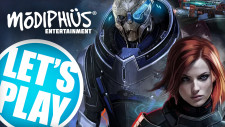


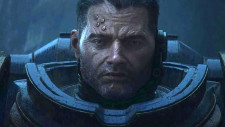
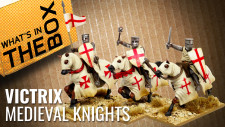


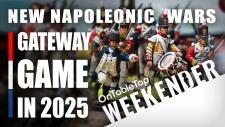




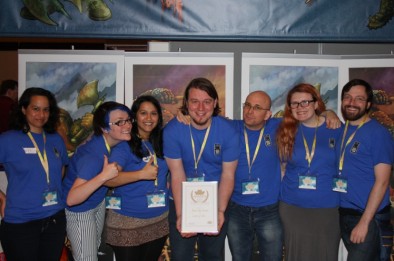
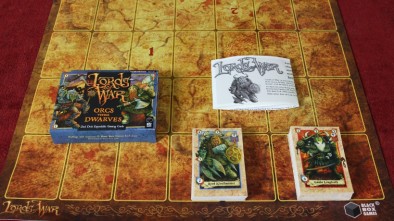
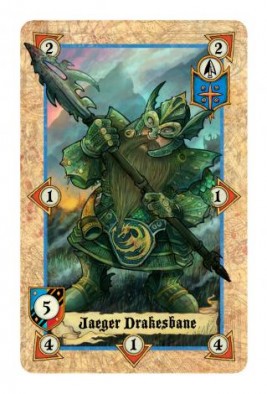
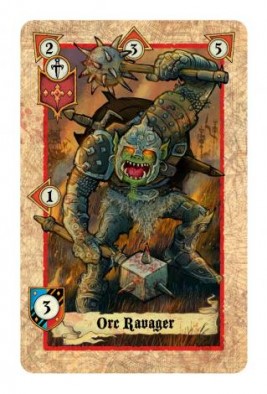
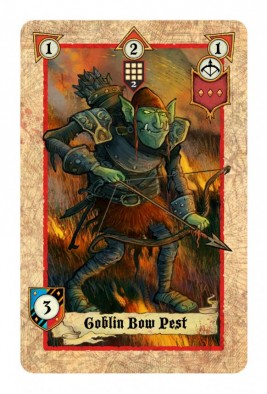
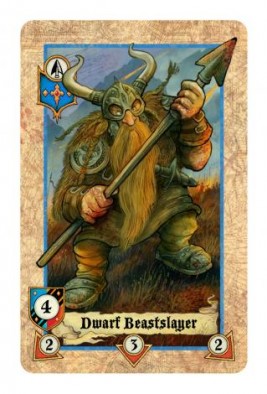


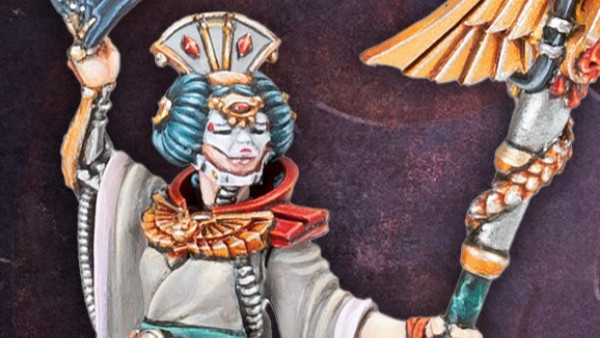

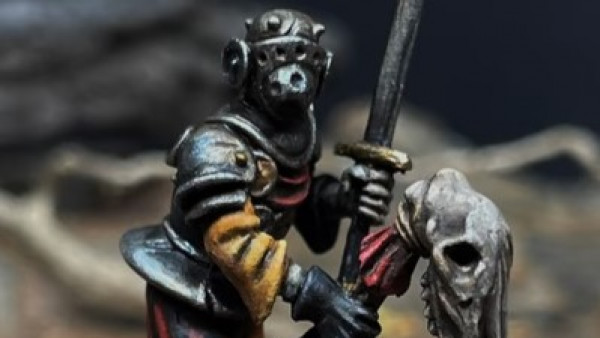

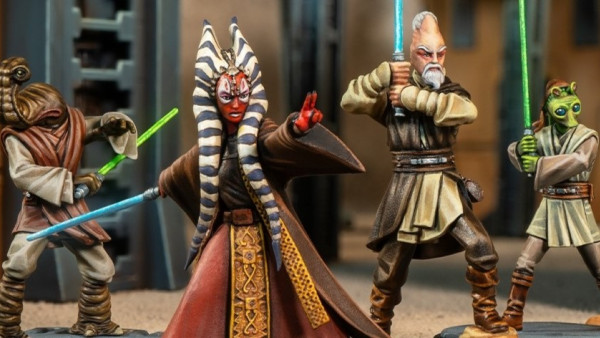
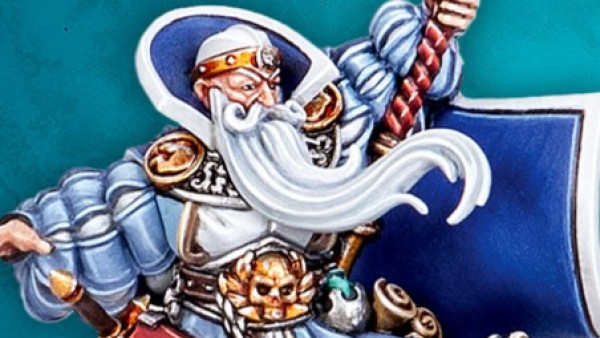

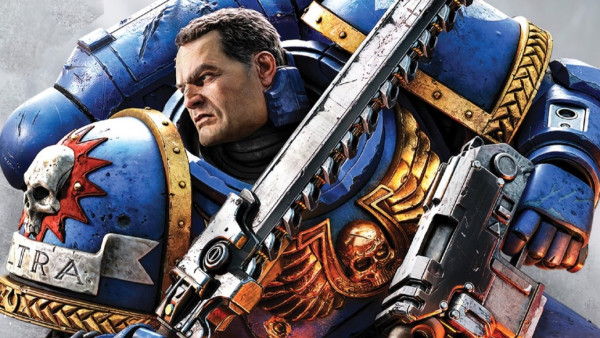
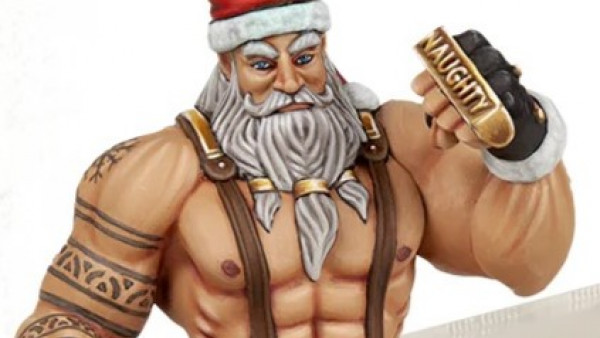
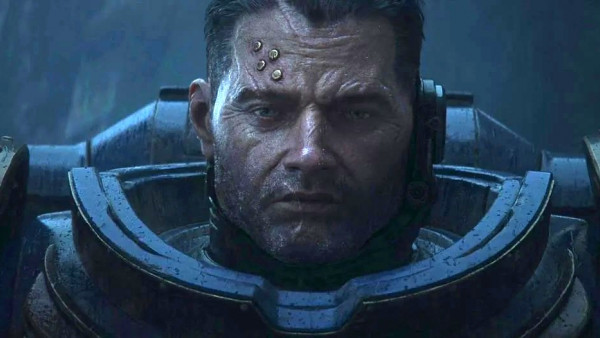

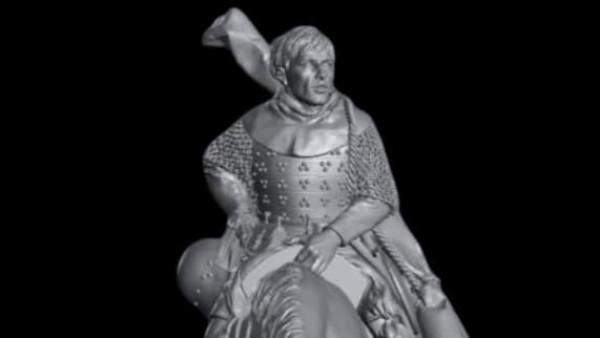
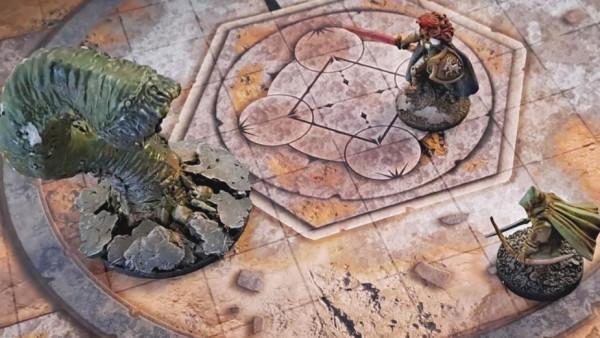
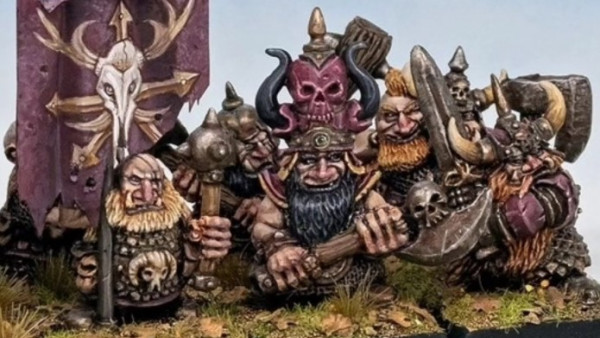
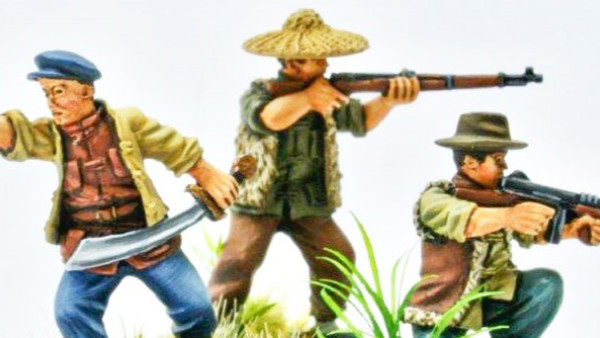
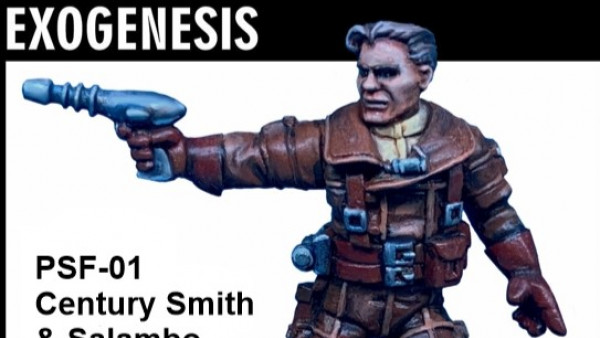
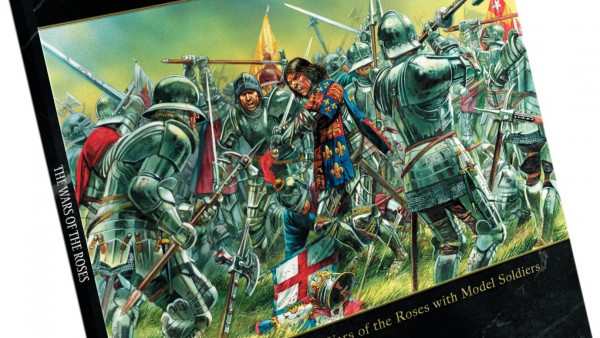
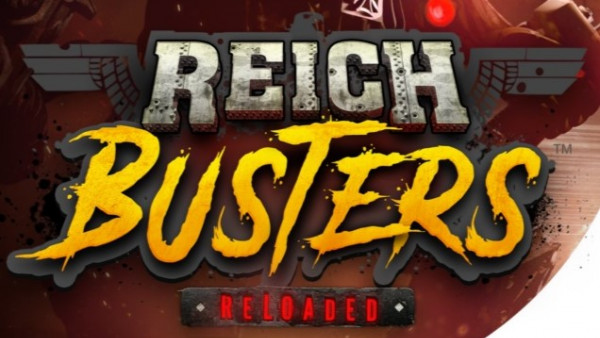
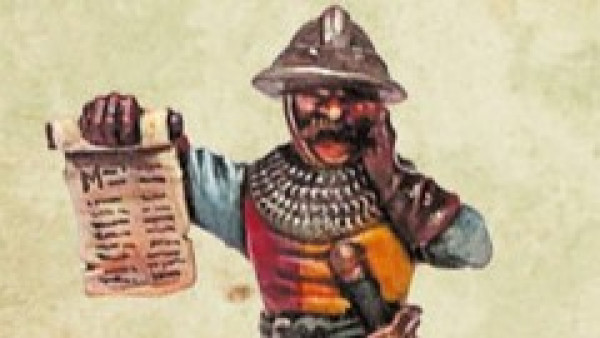
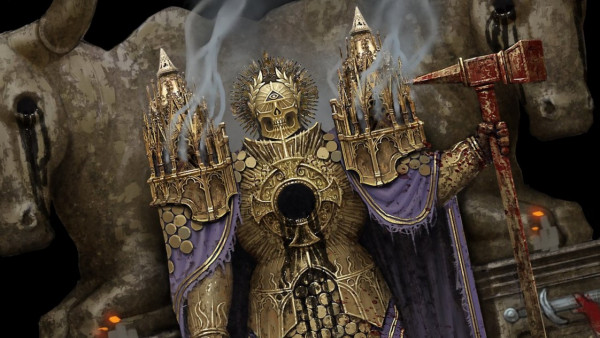
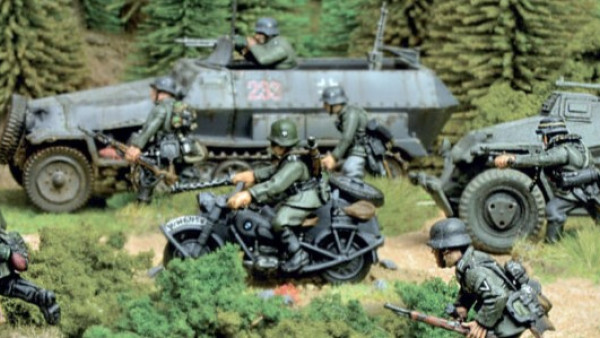
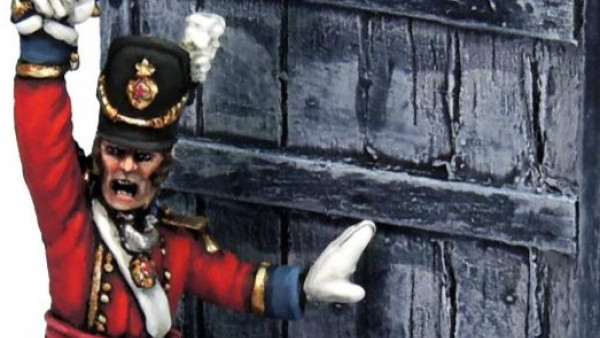
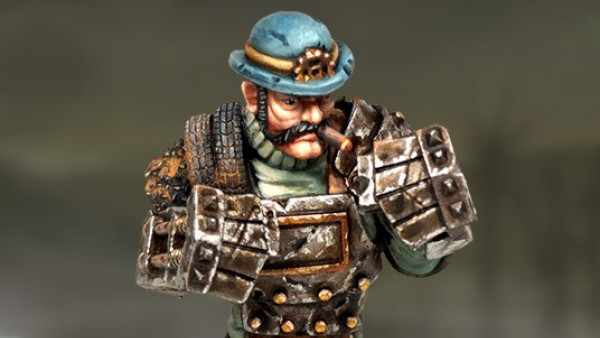
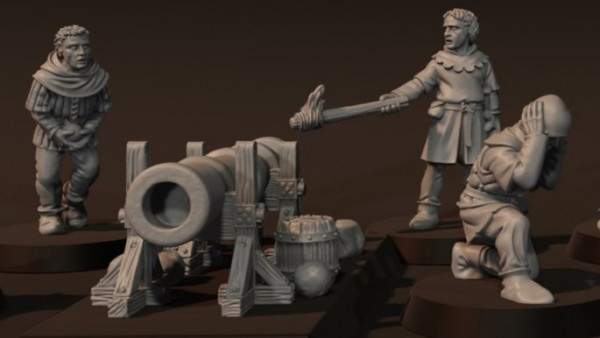
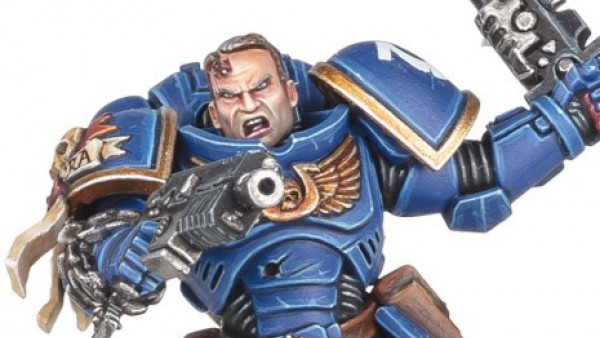
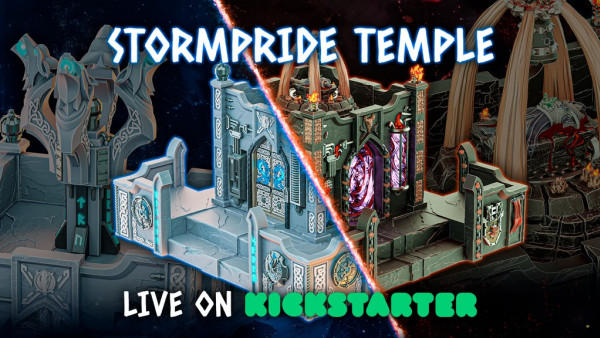
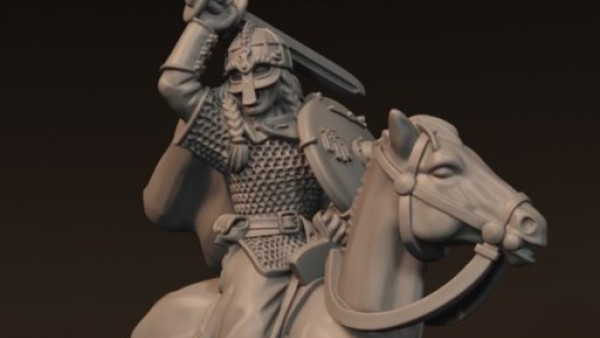
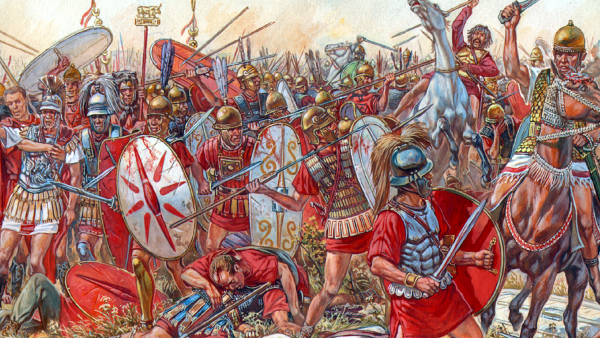
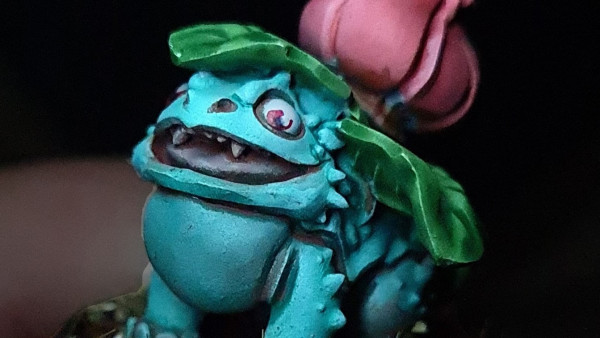
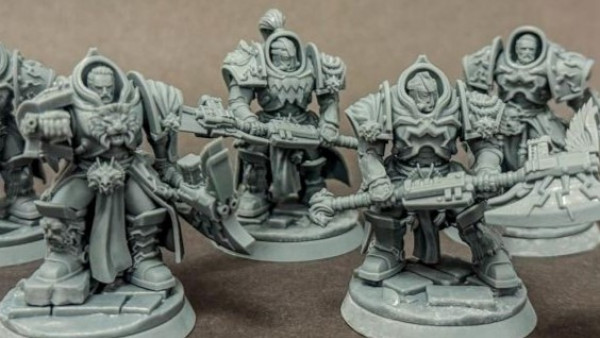
Its rather interesting, but leads to high expectations for the other parts.
It’ll be worth it 🙂
The Black Box guys are some of the nicest gamers I’ve ever met, awesome demo game had at the UK expo in Birmingham, bought the first game, BoW Ben has the second and played that, can’t wait for the third.
The article really inspiring to know games design, while difficult at times, can be done in this current climate.
Indeed, game design is an amazing art, the most exciting stages though for me are the prototypes, rough and improvised.
I am really excited to continue reading this series, seems like an excellent read